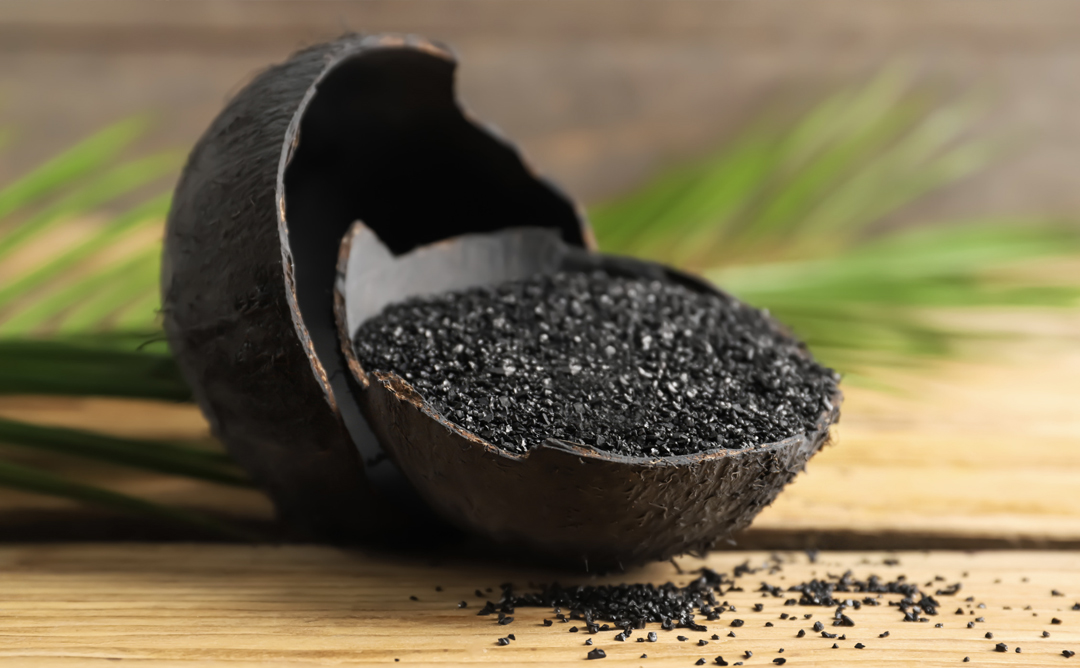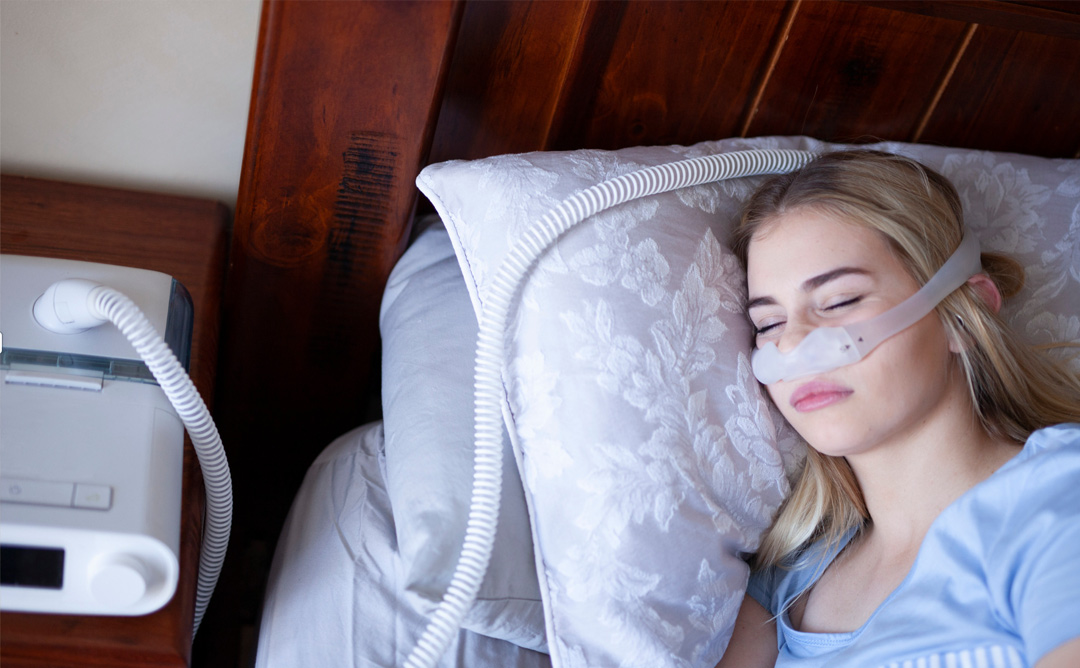
Exploring the Benefits of Activated Charcoal

Exploring the Benefits of Activated Charcoal
Activated charcoal, a seemingly simple substance derived from natural sources, has gained significant popularity in recent years for its potential health and beauty benefits. While it may be surprising to associate charcoal with wellness, its “activated” form possesses unique properties that make it a versatile tool for a variety of applications. In this blog post, we’ll delve into the world of activated charcoal, exploring its potential benefits and how it can be utilized for improved well-being.
Understanding Activated Charcoal
Activated charcoal is a fine, black powder made from natural materials like coconut shells, wood, peat, bamboo, or sawdust. The process of activation involves exposing the charcoal to high temperatures combined with specific gases or chemicals. This treatment creates a highly porous surface, increasing its surface area and making it more adsorbent.
Potential Benefits of Activated Charcoal
1. Detoxification and Digestive Health
Activated charcoal’s porous structure allows it to adsorb toxins and chemicals in the digestive tract, preventing their absorption into the bloodstream. It’s often used to alleviate digestive discomfort, such as bloating and gas. Moreover, in cases of poisoning or overdose, activated charcoal can be administered in medical settings to reduce the body’s absorption of harmful substances.
2. Teeth Whitening and Oral Health
Activated charcoal is widely acclaimed for its teeth-whitening properties. When used as a toothpaste or powder, it can help remove surface stains from the teeth, resulting in a brighter smile. Additionally, its antibacterial properties may contribute to improved oral health by reducing bacteria and preventing bad breath.
3. Skincare and Acne Treatment
The adsorbent properties of activated charcoal make it an excellent ingredient for skincare products. It can help draw out impurities, excess oil, and toxins from the skin, making it beneficial for those with acne-prone skin. Activated charcoal masks and cleansers are popular for deep cleansing and detoxifying the skin.
4. Relief from Gas and Bloating
Due to its ability to adsorb gas and toxins, activated charcoal is often used to relieve bloating and gas. It can help reduce discomfort and support a more comfortable digestive experience.
5. Water Filtration
Activated charcoal is widely used in water filtration systems to adsorb impurities and pollutants, making water safer and better tasting. It can effectively trap chemicals, bacteria, and harmful substances from water sources.
How to Use Activated Charcoal
-
Oral Use: Use activated charcoal toothpaste or powder a few times a week to help whiten teeth and maintain oral hygiene.
-
Digestive Health: Take activated charcoal supplements or consume activated charcoal-infused foods to aid in digestive health. Ensure you follow recommended dosages.
-
Skincare: Incorporate activated charcoal masks, cleansers, or scrubs into your skincare routine for deep cleansing and detoxification.
-
Water Filtration: Utilize activated charcoal water filters to purify and enhance the taste of your drinking water.
*Caution and Considerations*
-
Consult a Professional: Before using activated charcoal for medicinal purposes, consult a healthcare professional, especially if you’re on medications or have existing health conditions.
-
Dosage and Usage: Follow recommended dosages and usage instructions carefully to ensure safe and effective use.
-
Quality Matters: Use high-quality, food-grade activated charcoal for ingestion or topical applications to ensure safety and efficacy.
In conclusion, activated charcoal presents a range of potential benefits that span from oral care to detoxification. However, it’s essential to approach its use mindfully, ensuring you opt for high-quality products and consult professionals when necessary. Incorporating activated charcoal into your wellness routine, with appropriate guidance, may offer a natural and effective way to support various aspects of your health and well-being.
Disclaimer: We are an affiliate of many companies, which means that we may receive a commission if you click on our affiliate link and make a purchase. However, this does not affect our reviews and comparisons. We strive to provide honest opinions and recommendations based on our own experiences and research. Any product claim, statistic, quote, or other representation about a product or service should be verified with the manufacturer, provider, or party in question.

